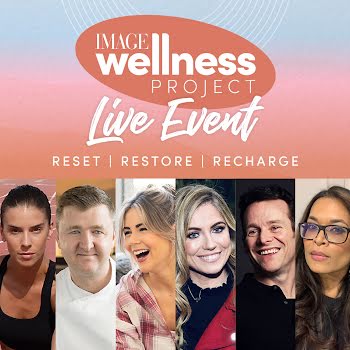Ask the Doctor: ‘Since recovering from COVID, I can’t run more than a kilometre before running out of breath — should I be worried?’
By Sarah Gill
18th Apr 2023
18th Apr 2023
All your burning health questions answered by the professionals.
”I had COVID some months ago, but still do not feel back to myself. I am fit and healthy and would regularly have taken part in the Saturday morning Park Runs. Since recovering from COVID, I cannot seem to run more than a kilometre before having to stop to try to catch my breath. Should I be worried and is there anything I can do to promote my recovery?”

Answer from Professor Seamus Linnane, Deputy Medical Director of Beacon Hospital, Consultant in Respiratory & General Internal Medicine.
While most people have a mild COVID infection, up to one third report persistent symptoms at three months. Beyond this we consider a Long COVID diagnosis. Risk factors for Long COVID include female gender, older age and a severe initial infection.
A recent paper in the British Medical Journal found that most people had improved by one year. There can be a bewildering array of symptoms. Sleep disturbance, anxiety, chest pains, palpitations, headache and gastric upset are also common. Menstrual irregularity occurs quite frequently but is inadequately researched. Fatigue and brain fog can be particularly challenging.
Most people manage these symptoms themselves but should seek medical advice if there are disruptions to normal activities. A medical assessment looks for complications of the initial infection. If there is no indication of any major organ damage, then Long COVID is the diagnosis that remains.
Medical tests are often negative or inconclusive and this can be very frustrating. Sufferers should never feel that normal tests invalidate their experience. I prefer to see this as a failure of medicine to adequately address or explain an individuals’ presentation. If initial testing is reassuring, then it is often better to focus on managing symptoms rather than pursuing more testing.
Protocols have been established for professional athletes to re-establish regular training. For the rest of us enthusiastic amateurs, the advice is a slow and cautious return. The key objective is low and frequent. People are often surprised by how little they can accomplish in the first few months and may try to overstretch. Ignore concerns that fitness levels will be lost. Overdoing it early in your recovery will simply lead to a longer recovery process. Short periods of activity at a fraction of your previous levels are called for. Anything which produces profound fatigue is too much and you should reduce your intensity accordingly.
It is important to focus on strength, conditioning and breathing exercises with cardiovascular fitness taking up a small but regular percentage of your weekly routine. Increase this gradually over time but avoid a rigid plan which does not account for days when you will be particularly tired. Equally if you feel unusually good on a given day avoid the temptation to overextend and do significantly more than you have done during the previous week. Peaks and troughs are the norm during your recovery. Ignoring your body’s need for down days can lengthen the recovery period.
Sleep and nutrition play a key part of any training regime and have added importance during your recovery. They should take precedence over physical training. With time almost everyone regains their fitness so allow yourself that time to reclaim your previous potential.
Have a question for the professionals you’d like answered? Get in touch with sarah.gill@image.ie with the subject headline ‘Ask The Doctor’.




















